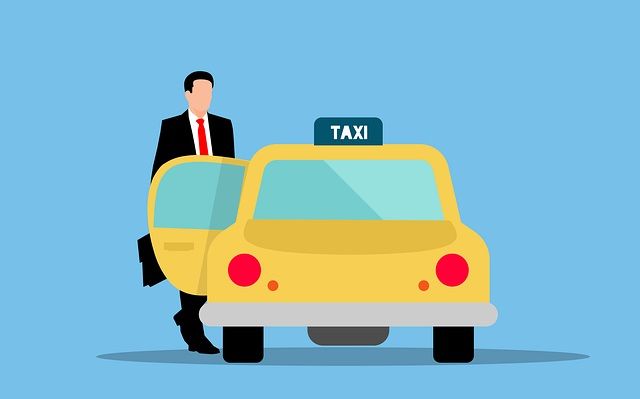Last year, Dansk Folkeparti deputy head Morten Messerschmidt was left flabbergasted when he encountered a taxi driver whose level of Danish was not up to his perceived standard.
In general, politicians probably use taxis more than the average Dane and the issue seems to have irked more members of Parliament than just the DFer.
The government revealed today that a broad majority of Parliament has agreed to adjust the taxi law so that drivers must demonstrate an acceptable level of Danish in order to take the taxi course.
READ ALSO: Copenhagen among most expensive cities for taxis in the world
Further evaluation in 2022
“It is reasonable to demand that you have to be able to communicate in Danish when driving a cab and we will get better legislation for that,” said the transport minister, Benny Engelbrecht.
Additionally, the parties have agreed to further evaluate the taxi law in 2022 – particularly to analyse how taxis service rural districts.
Aside from the government, Radikale, Socialistisk Folkeparti, Konservative, Venstre and, unsurprisingly, Dansk Folkeparti all support the adjustment.
Non-western immigrants and their descendants account for a high share of taxi drivers in Denmark.
The taxi law was ushered in by the Venstre-led government in 2017 in an effort to crack down on Uber driving. Uber subsequently left Denmark.















